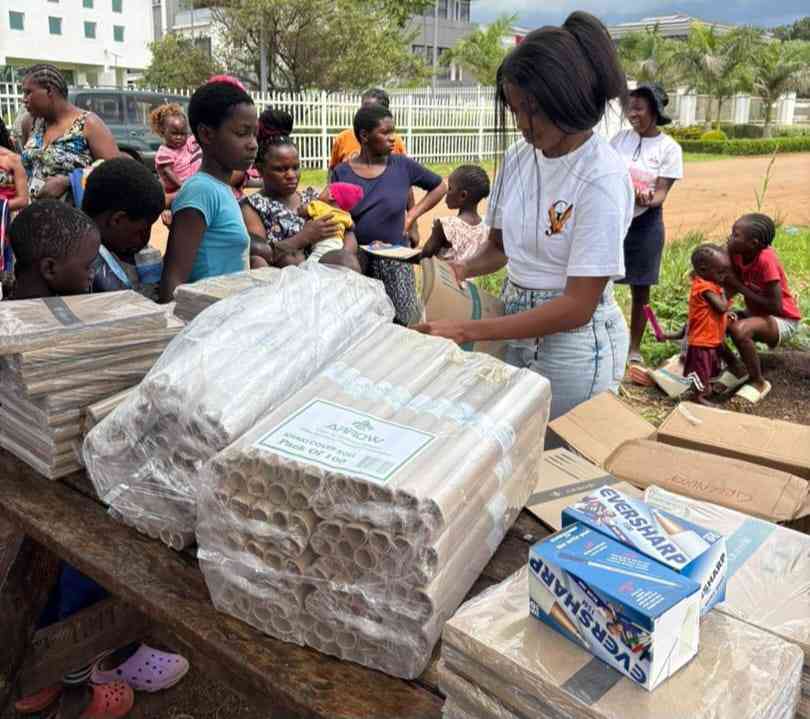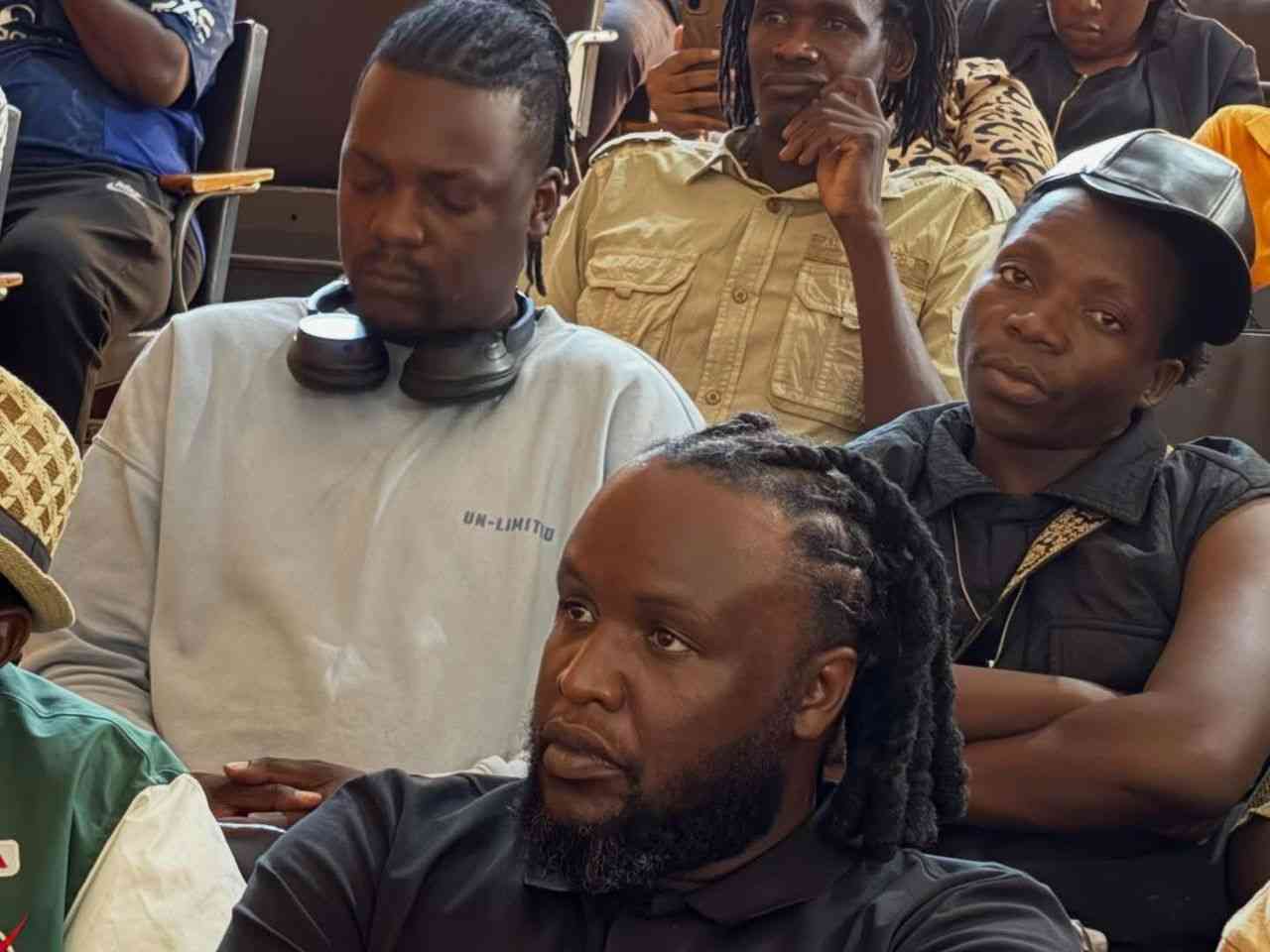
Zesa is the official name for the Zimbabwe Electricity Supply Authority whose task is to generate, transmit and distribute electricity in Zimbabwe.
“Zesa, my foot!” exclaimed one outraged prominent Zambian musician who has been living in Zimbabwe for 32 years.
“I am fed up! I am leaving the country for good at the end of this month,” he went on to say.
“You guys keep telling us that Zimbabwe is open for business, but what kind of business is this without Zesa? The only time I saw electricity during the day was at Easter holidays and partially during Independence Day.
“The gigs I used to perform on a regular basis have all been cancelled because there is no electricity. They say that using the generator is very expensive and it’s not worth hiring musicians at this time. The electricity only comes after 10pm if it comes at all.”
“I live in a two-bedroom rented cottage with my wife and two children which has no solar energy or generator. My children cannot even do their homework from school because it is too dark to do it. Even when at times we have food in the house, we cannot eat because we can’t cook due to no electricity coming to the cooker. We don’t put anything in the fridge now, because without Zesa, it has no function.”
“We used to enjoy the new Jive TV launched last year. The family also enjoyed Ezomgido, Coke on the Beat, and Saturday programmes such as Zimdancehall which all came out in the afternoon but without electricity, what is the point of even owning the television? What kind of life is this? I am going back to Zambia where I have secured a job to play at Pamodzi Hotel. It is better there. They have electricity and everything seems to be functional”.
Electricity outages have escalated in Zimbabwe, with the Zesa citing vandalism of its infrastructure, but experts say power generation is being crippled by a lack of investment in renewable energy. Musicians who have had no jobs due to power outages know very well that if a gig is cancelled, they won’t eat and this is very painful.
- Plaxedes’ Feel Your Love evokes old memories
- Plaxedes’ Feel Your Love evokes old memories
- ‘Power crisis could cost Zanu PF’
- Licensed copper dealers behind cable thefs: Zesa
Keep Reading
Authorities keep telling us that Zimbabwe is open for business, but who would dare to come and invest here if there is no electricity?
A friend of mine who owns a recording studio which depends on Zesa to power the recording equipment says that he has had no business during the day for the last six months except for one artiste who decided to come and record from 10 p.m. until 3 am. But how many artistes are willing to do that?
In recent days, power outages have worsened, even before Zesa’s announcement that the country’s Kariba power station was shutting down because of low dam levels.
Other reasons given for these power-outages are electrical faults, ageing coal-fires, power stations which have repeatedly broken down and successive droughts.
However, drought cannot be used as an excuse this year as the country experienced significant rains in the last six months.
Load-shedding has seen some parts of the country experiencing 24-hour blackouts, disrupting all economic activity, from heavy industrial sites and central business districts to backyard workshops.
When I was in primary school during Rhodesian times, we did not have electricity all day in the townships, but come six o’çlock every evening, street lights and household electricity came alive and that was a big cause for excitement. There were places where we had electricity all day like churches and concert halls where teenagers could go and hang out all day waiting for electricity to come at 6 p.m. at home.
My sisters and I could do our homework ready for handing it over to the teachers the next day.
However, in this day and age it is difficult to plan anything as one doesn’t know when to expect Zesa.
And while the situation remains unresolved, Harare's music scene refuses to rest. Right before the rainy season, the city had a number of major events scheduled to take place, including the Zimbabwe Jazz Community Trust Festival at Alliance Francaise in Harare and The International Film Festival.
To deal with the blackouts, producers and business owners rely on diesel generators. But these are costly and suffer from technical difficulties and reliability issues. And so it's common to find yourself in a dark gathering or sitting in a fancy movie theatre waiting ten minutes in the dark for the film to resume after the generator stops working.
In an interview, Vee Mukarati, a saxophonist had this to say: “We as artistes, as music promoters or as party planners–when you put something together you know you have to consider electrical power in your budget," . “If it's a paying event, the price of the ticket has to consider that."
“Everything is against you," he elaborates “You don't necessarily have the freedom of speech, you don't have electricity, you don't have a constant water supply, you don't have a functional economy."
Despite the difficulties, Mukarati, who launched his debut solo album at the end of October, is not going anywhere. He lived abroad for three years while studying music in Dublin. When asked if it was hard to come back to Zimbabwe, his reply was: “Not at all! I'm crazy about this place."
“I'm not going to quit my passion and do something else that I don't care about," he explains.
“I'll work with the circumstances that I have and be the best that I can be in this environment and be better equipped to work in a functional environment because I just know how to deal with problems now."
Power envy is a thing these days. Zimbabwe's News 24 recently reported on people organizing to “snitch" on their neighbours who, inexplicably, don't suffer shortages as often. The rationale is—if they'd tell on their neighbours they might achieve “a more equitable distribution of load-shedding." And the authorities are encouraging it.
One neighbour who works in government told me how many chefs have no power cuts and some of them are not even aware of the fact that thousands of Zimbabweans go without electricity for days on end.
However, he did not explain to me how this uneven distribution has come about.
Unequal distribution of electricity is sometimes explained easily. Some people get continuous power merely because of their proximity to sensitive facilities like hospitals, army barracks and to VIP households like the homes of ministers and their relatives.
Some people are lucky to live near police headquarters or hospitals, places which hardly suffer power outages. Perhaps businesspeople should build their music venues there. That way, they would save from the costs of a generator and constant fuel supply. That would be a big relief. Alternatively, some innovative engineering genius could come up with a solar powered venue as well as solar-powered musical instruments.
Even politicians who have got the power to change the fortunes of this country have come to realise the power of music as a communication medium as it is used to disseminate political messages to the masses.
It is up to those in power to address the acute power shortages Zimbabwe has suffered for several years.
We sincerely hope that not many musicians who are currently out of work due to power shortages will start to consider leaving the country for greener pastures such as Zambia, Botswana and other neighbouring countries just like my fellow musician mentioned above has decided. That would be very unfortunate.
It is my dream that we work together towards the betterment of this country, because I know we have got the resources to improve our well-being.
Feedback: [email protected]










